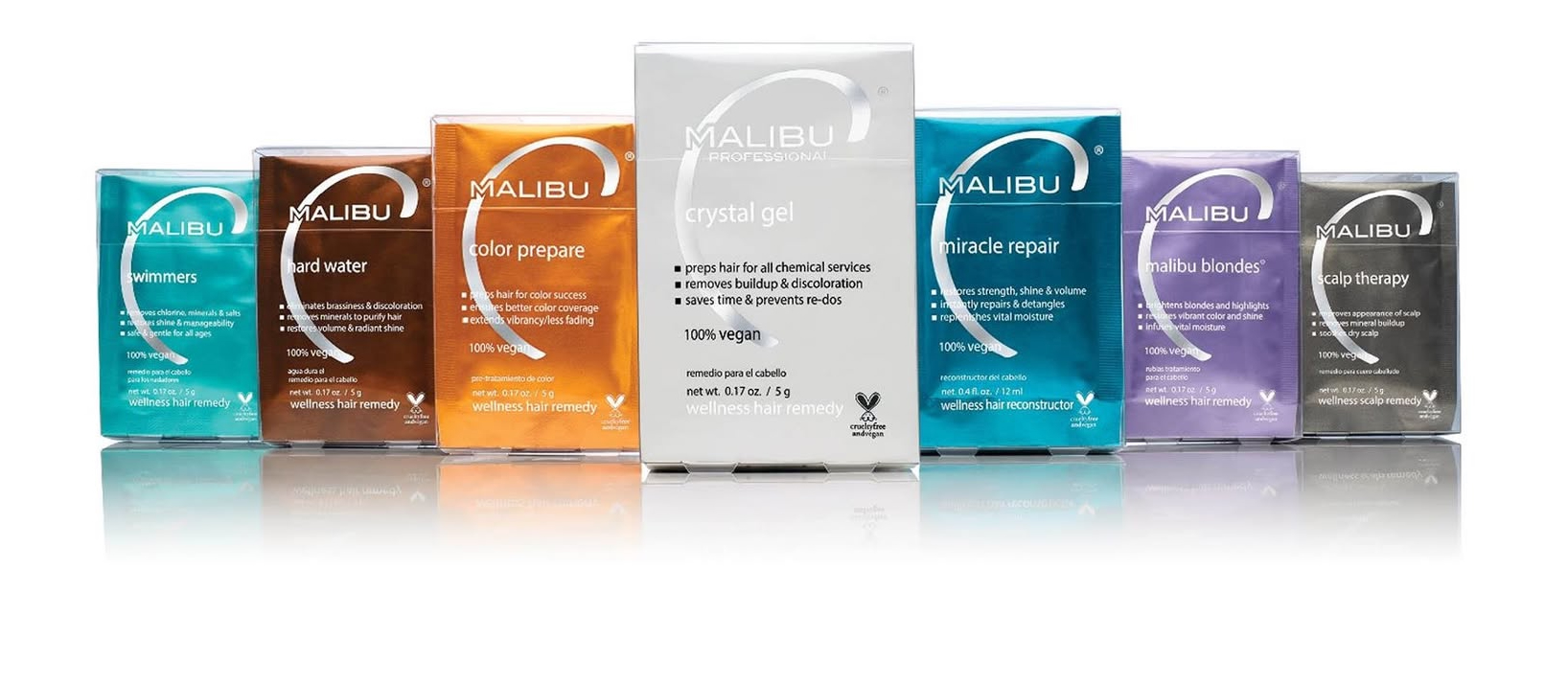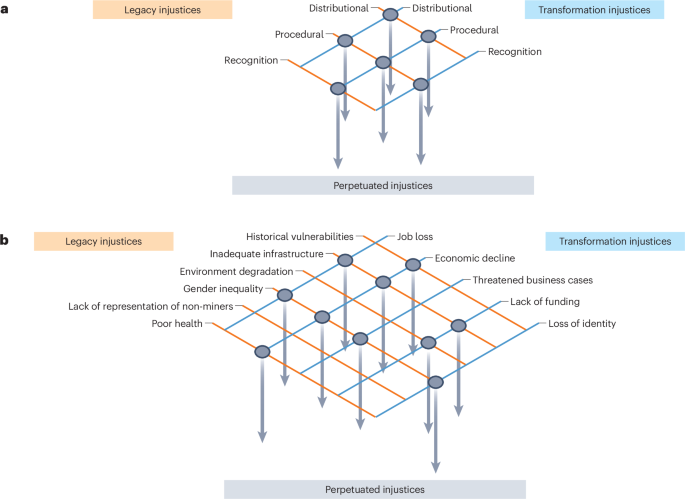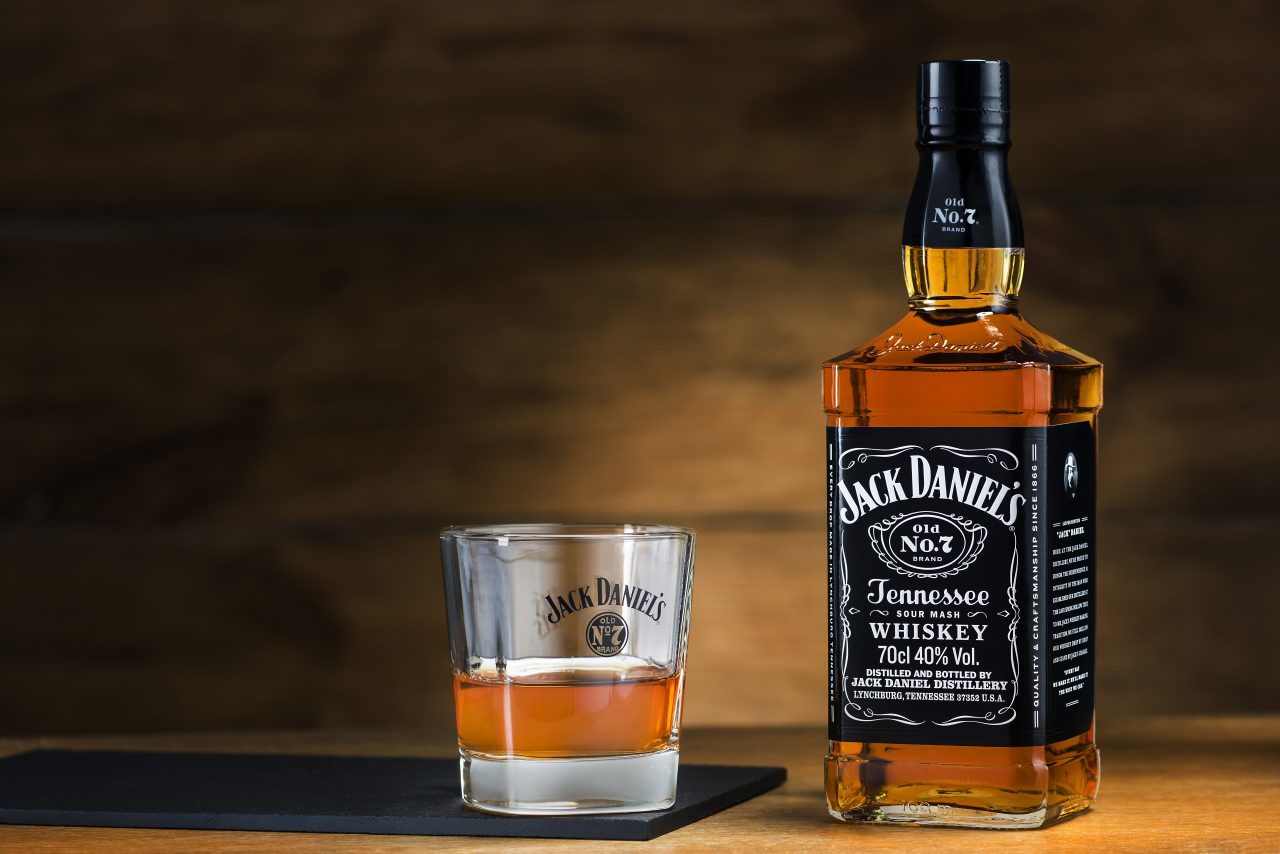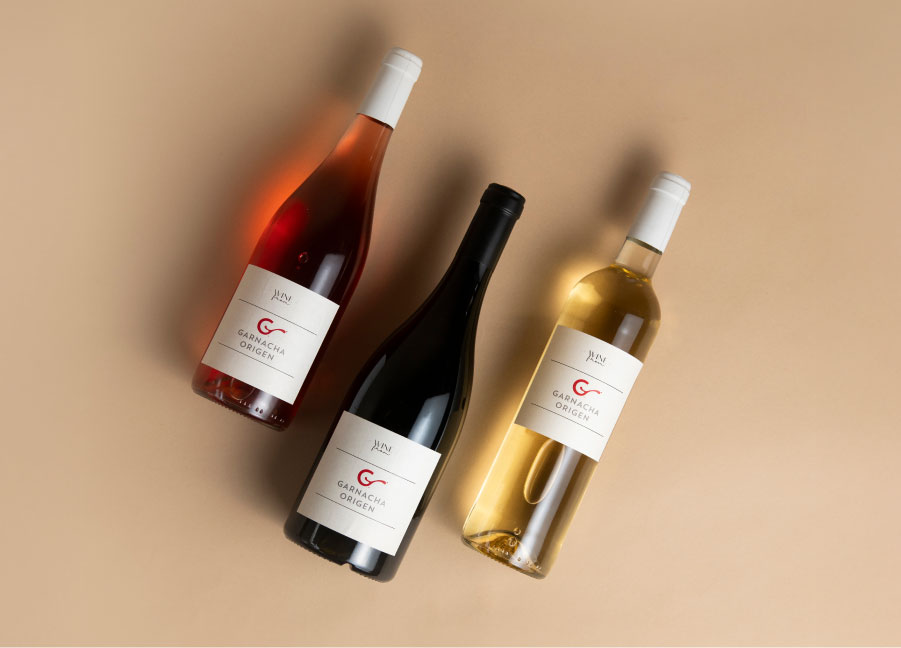"Localised storytelling doesn't mean paint a dragon on the label," Chinese Master of Wine Xing Wei told db, arguing that international brands need to work harder to successfully onboard consumers in China.
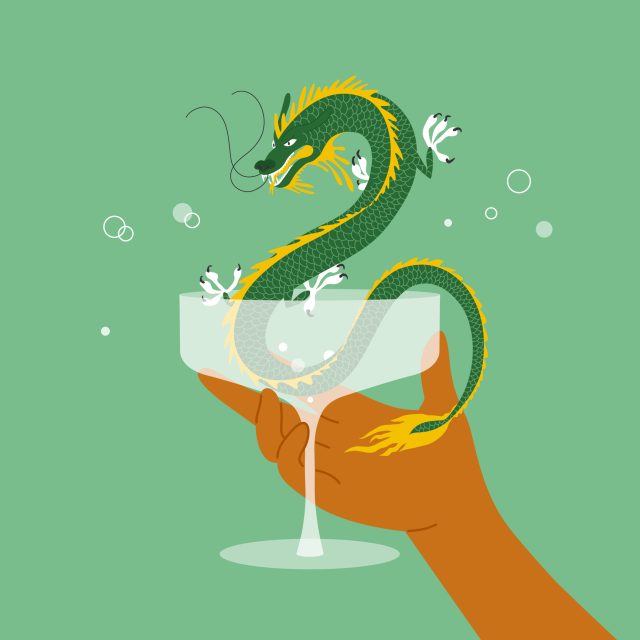
Xing Wei MW, who passed his Master of Wine exams in 2024, believes just two brands have achieved the ultimate success in the Chinese market — Penfolds and Lafite.
Certain aspects of both brands have particular appeal in China, Wei explained to
db during
ProWine Hong Kong. For Penfolds, its predominantly red packaging and the fact that the brand name translates to "rush to rich" in Chinese are key factors.
When it comes to Lafite, Wei argued that the French brand has made efforts to engage with Chinese cultural elements. "For example, for Lafite 2008 they put a number eight Chinese character on the bottle. This shows respect, in my opinion, because you are showing respect to the Chinese market," he said.
However, Wei warned against brands using Chinese imagery "in a cheap way". He criticised international producers trying to engage wine drinkers in China with "a big dragon or panda on the label".
He used the example of brands releasing new labels each Lunar New Year. "It's the Year of the Dragon, then the Year of the Snake, then the Rabbit. Every year [brands] do the same, putting a snake or a dragon [on the label] for this vintage. It's so lazy to do that," he said.
Instead, brands which lack the kind of universal recognition of Penfolds or Lafite should focus on highlighting their country of origin, Wei said.
"My
Master of Wine research found that country of origin is an important factor that influenced people's buying patterns," he explained, calling the countries a "soft brand" for producers.
This works particularly well for countries with well-established ties to China's wine market. Wei used the example of France: "People think French wines are all good. That's not true, but that's good for sales."
The same goes for tasting notes. Producers in Western regions commonly reference fruits and flavours found in the West in tasting notes for their wines, posing a challenge for consumers in the East. "Think about blackcurrant; nobody knows blackcurrant in China, but they may be familiar with other fruits," said Wei. He argued that while wine lovers and industry professionals tend to have WSET training and therefore understand these flavours, "for normal consumers, you need to find something they are familiar with".
Brands which refuse to do this risk turning consumers away from wine altogether. "They feel ashamed about not knowing wine, so they decide not to drink wine," he said.
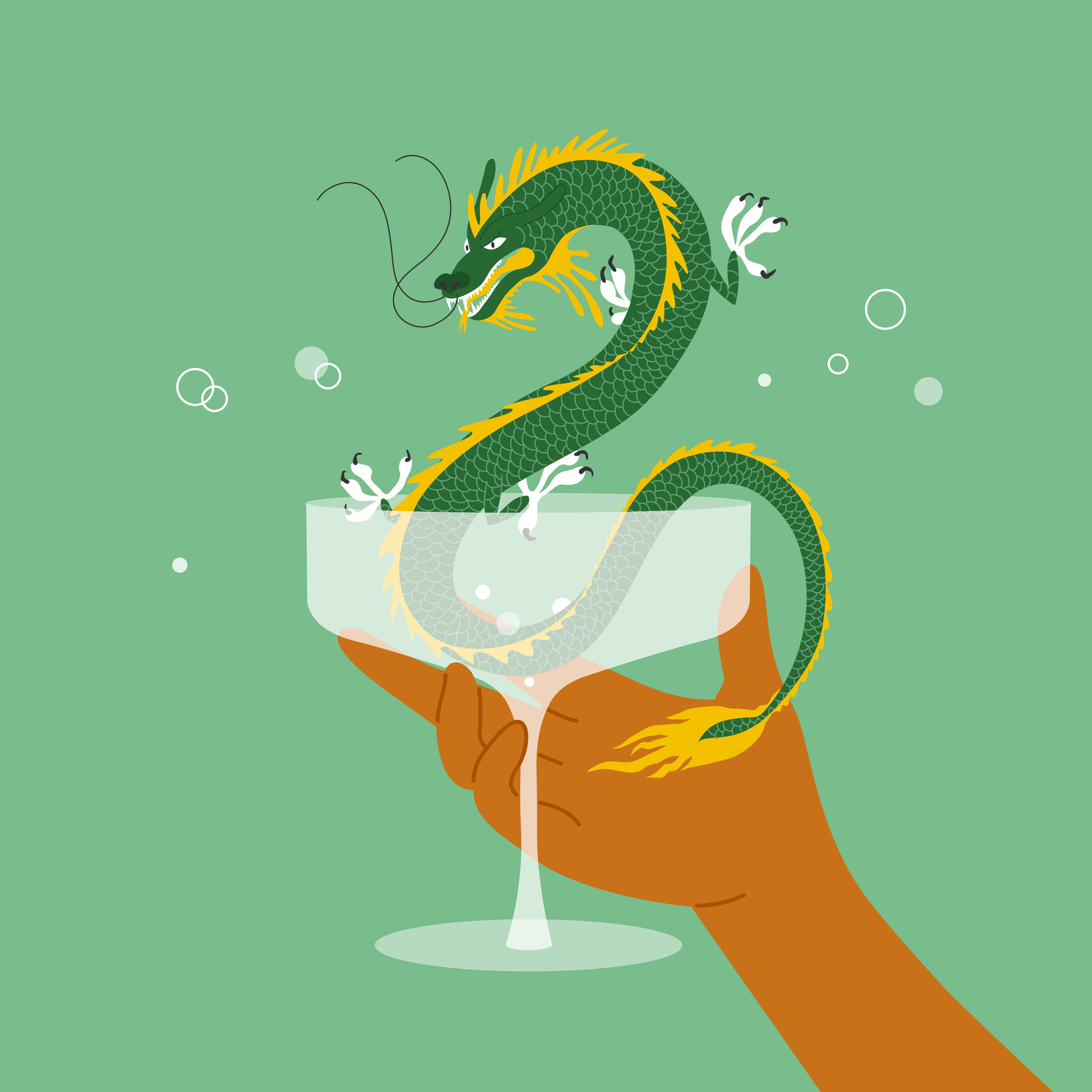
 Xing Wei MW, who passed his Master of Wine exams in 2024, believes just two brands have achieved the ultimate success in the Chinese market — Penfolds and Lafite.
Certain aspects of both brands have particular appeal in China, Wei explained to db during ProWine Hong Kong. For Penfolds, its predominantly red packaging and the fact that the brand name translates to "rush to rich" in Chinese are key factors.
When it comes to Lafite, Wei argued that the French brand has made efforts to engage with Chinese cultural elements. "For example, for Lafite 2008 they put a number eight Chinese character on the bottle. This shows respect, in my opinion, because you are showing respect to the Chinese market," he said.
However, Wei warned against brands using Chinese imagery "in a cheap way". He criticised international producers trying to engage wine drinkers in China with "a big dragon or panda on the label".
He used the example of brands releasing new labels each Lunar New Year. "It's the Year of the Dragon, then the Year of the Snake, then the Rabbit. Every year [brands] do the same, putting a snake or a dragon [on the label] for this vintage. It's so lazy to do that," he said.
Instead, brands which lack the kind of universal recognition of Penfolds or Lafite should focus on highlighting their country of origin, Wei said.
"My Master of Wine research found that country of origin is an important factor that influenced people's buying patterns," he explained, calling the countries a "soft brand" for producers.
This works particularly well for countries with well-established ties to China's wine market. Wei used the example of France: "People think French wines are all good. That's not true, but that's good for sales."
The same goes for tasting notes. Producers in Western regions commonly reference fruits and flavours found in the West in tasting notes for their wines, posing a challenge for consumers in the East. "Think about blackcurrant; nobody knows blackcurrant in China, but they may be familiar with other fruits," said Wei. He argued that while wine lovers and industry professionals tend to have WSET training and therefore understand these flavours, "for normal consumers, you need to find something they are familiar with".
Brands which refuse to do this risk turning consumers away from wine altogether. "They feel ashamed about not knowing wine, so they decide not to drink wine," he said.
Xing Wei MW, who passed his Master of Wine exams in 2024, believes just two brands have achieved the ultimate success in the Chinese market — Penfolds and Lafite.
Certain aspects of both brands have particular appeal in China, Wei explained to db during ProWine Hong Kong. For Penfolds, its predominantly red packaging and the fact that the brand name translates to "rush to rich" in Chinese are key factors.
When it comes to Lafite, Wei argued that the French brand has made efforts to engage with Chinese cultural elements. "For example, for Lafite 2008 they put a number eight Chinese character on the bottle. This shows respect, in my opinion, because you are showing respect to the Chinese market," he said.
However, Wei warned against brands using Chinese imagery "in a cheap way". He criticised international producers trying to engage wine drinkers in China with "a big dragon or panda on the label".
He used the example of brands releasing new labels each Lunar New Year. "It's the Year of the Dragon, then the Year of the Snake, then the Rabbit. Every year [brands] do the same, putting a snake or a dragon [on the label] for this vintage. It's so lazy to do that," he said.
Instead, brands which lack the kind of universal recognition of Penfolds or Lafite should focus on highlighting their country of origin, Wei said.
"My Master of Wine research found that country of origin is an important factor that influenced people's buying patterns," he explained, calling the countries a "soft brand" for producers.
This works particularly well for countries with well-established ties to China's wine market. Wei used the example of France: "People think French wines are all good. That's not true, but that's good for sales."
The same goes for tasting notes. Producers in Western regions commonly reference fruits and flavours found in the West in tasting notes for their wines, posing a challenge for consumers in the East. "Think about blackcurrant; nobody knows blackcurrant in China, but they may be familiar with other fruits," said Wei. He argued that while wine lovers and industry professionals tend to have WSET training and therefore understand these flavours, "for normal consumers, you need to find something they are familiar with".
Brands which refuse to do this risk turning consumers away from wine altogether. "They feel ashamed about not knowing wine, so they decide not to drink wine," he said. 











































